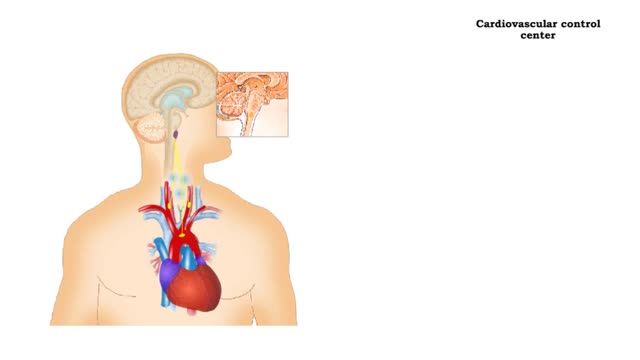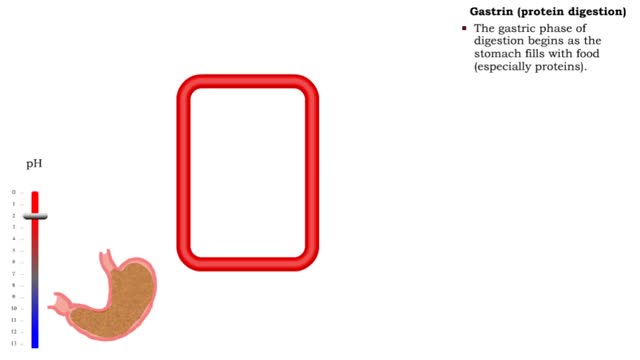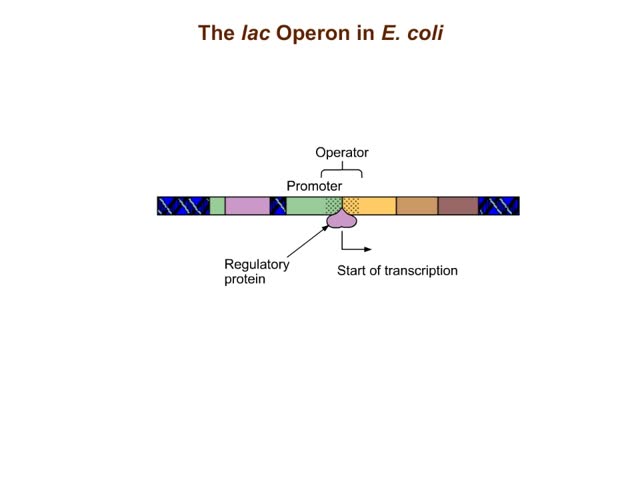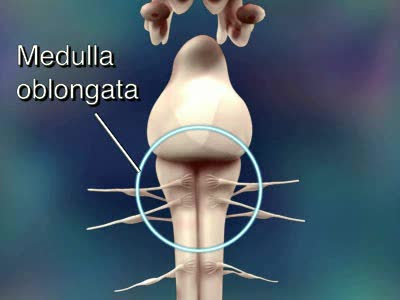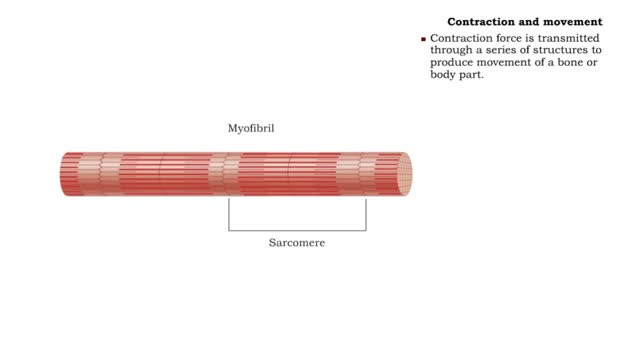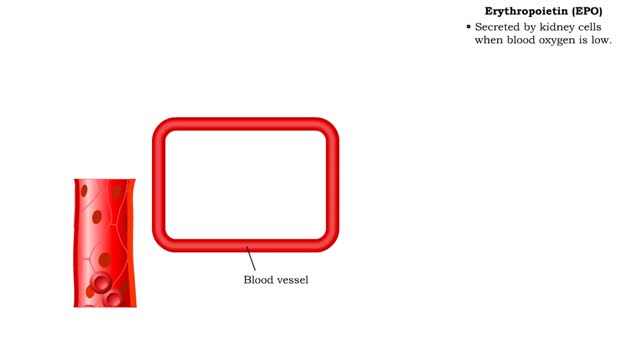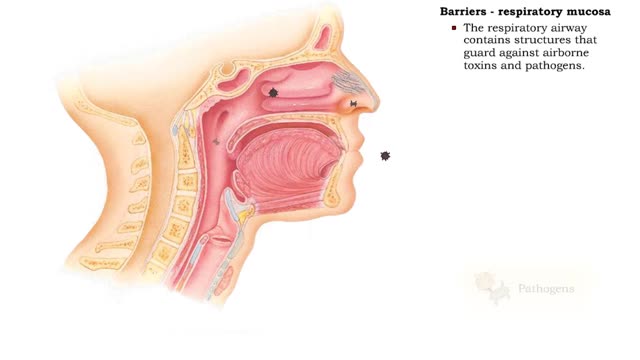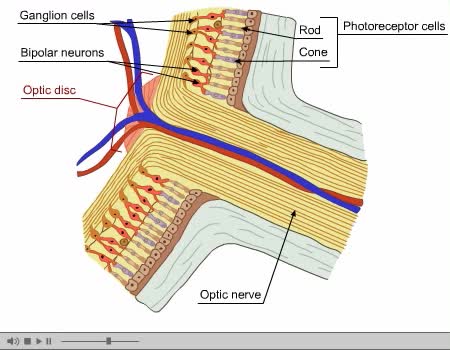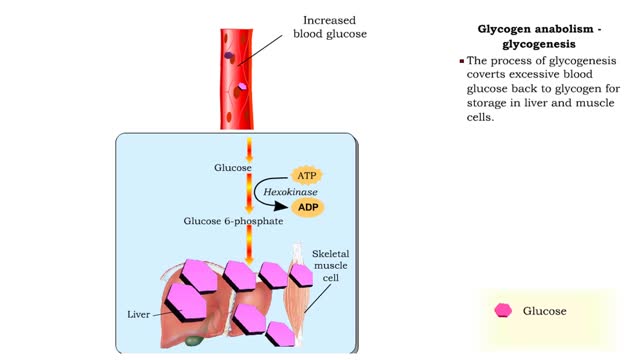Search Results
Results for: 'Phases of An Action Potential'
Negative Feedback Regulation of Blood Pressure
By: HWC, Views: 11012
stimulus • Blood pressure determines the flow of blood to and from capillaries. • Low blood pressure results in reduced blood flow. • High blood pressure can cause blood vessels to break. Baroreceptors • The aortic arch carries blood to the body. • The common carotids ca...
By: HWC, Views: 11166
The endocrine system maintains many body conditions within normal limits with feedback loops. Each endocrine feedback loop maintains homeostasis using the following components: • Stimulus - a change in a body condition. • Production cell - an endocrine cell that produces a hormone after b...
By: Administrator, Views: 15160
The lac operon (lactose operon) is an operon required for the transport and metabolism of lactose in Escherichia coli and many other enteric bacteria. Although glucose is the preferred carbon source for most bacteria, the lac operon allows for the effective digestion of lactose when glucose is no...
Central Nervous System Animation
By: Administrator, Views: 14180
Consists of the brain and spinal cord. CNS receives impulses from throughout the body processes the information responds with an appropriate action Brain and spinal cord can be divided into: gray matter (unsheathed cell bodies and true dendrites) white matter (myelinated nerve fibers) ...
Contraction cycle of a sarcomere
By: HWC, Views: 11502
• A single nervous signal releases Ca2+ ions into the sarcoplasm and initiates the contraction cycle. step 1. ATP hydrolysis • ATP provides the to move myosin molecules back into the energized configuration necessary to perform the power stroke. Step 2. Crossbridge attachment • Myosin...
Red Blood Cells - Erythropoietin (EPO)
By: HWC, Views: 10936
• The endocrine system maintains many body conditions within normal limits with feedback loops. Each endocrine feedback loop maintains homeostasis using the following components: • Stimulus - a change in a body condition. • Production cell - an endocrine cell that produces a hormone aft...
Barriers - eye structures, digestive mucosa, respiratory mucosa & genitourinary mucosa
By: HWC, Views: 11321
• Eyebrows, eyelids, eyelashes and conjunctiva serve to trap microbes preventing their invasion. • Tearing (lacrimation) is a protective mechanism that washes away microbes that attempt to enter the eyes. • Salts, mucus, and lysozymes in tears neutralize substances and bacteria. �...
By: Administrator, Views: 14439
A photoreceptor cell is a specialized type of neuroepithelial cell found in the retina that is capable of visual phototransduction. The great biological importance of photoreceptors is that they convert light (visible electromagnetic radiation) into signals that can stimulate biological processes...
Glucose anabolism reactions: Glycogenolysis and Gluconeogenesis
By: HWC, Views: 11391
• Glucose not needed immediately is stored as glycogen. The process that creates it is glycogenesis. • When ATP is needed for body activities, stored glycogen is broken down by a process called glycogenolysis. • Glucose can be formed through two different anabolic reactions: • Glycog...
Advertisement



